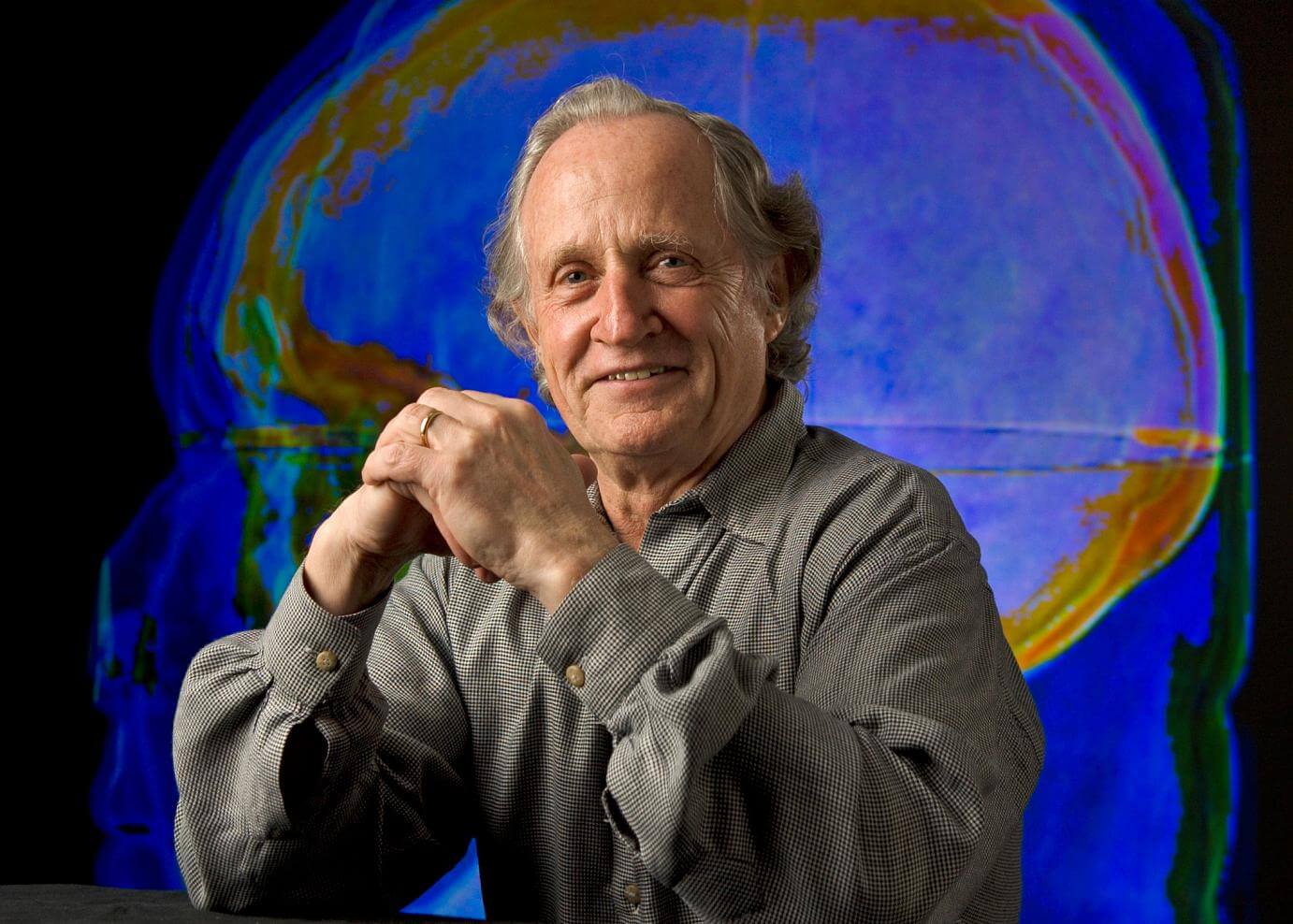The following is a submission to THINK ACT CONNECT, a platform to share action, inspiration, work, resilience, and justice
The Talmud says to save one life is equivalent to saving the entire world. All of us through our actions have the opportunity to save many lives.
The virus, SARS-COV-2 [which causes COVID-19], is not complex. It infects an individual, amplifies in that individual and then spreads to other individuals through direct or indirect contact. In the process of infection, many people will die, particularly among our elder citizens.
What needs to be done is to effectively slow down our current rate for the spread of the virus by a factor of three. This can be achieved by social distancing, fast testing and immediate quarantining. This policy was implemented by South Korea and it worked. Every state should demand fast and more extensive testing, on a continuous basis, and the resulting data should be shared between states (i.e. high transparency) to identify foci and rates of infection.
If we cannot slow down the present rate of infection, demands for hospitalization will exceed capacity, in terms of beds, equipment and personnel. This scenario is being witnessed in multiple countries.
We can and should do better.
______
Photo credits: Tim Kelly (top), Sean Graff (below)
About Mario R. Capecchi '61
Mario Capecchi is a graduate of the Antioch College Class of 1961, and received his PhD in biophysics from Harvard University. He is the recipient of the 2007 Nobel Prize in Physiology/Medicine, and is the distinguished professor of human genetics and biology at the University of Utah’s Eccles Institute of Human Genetics.
Capecchi studies cancer models (experimental versions of cancer) recreated in mice. Capecchi was awarded the Nobel Prize for his contributions to the development of “mouse knockout technology.” He has a particular interest in the study of sarcomas and focuses on unraveling the function of Hox, associated with cancer.




0 Comments